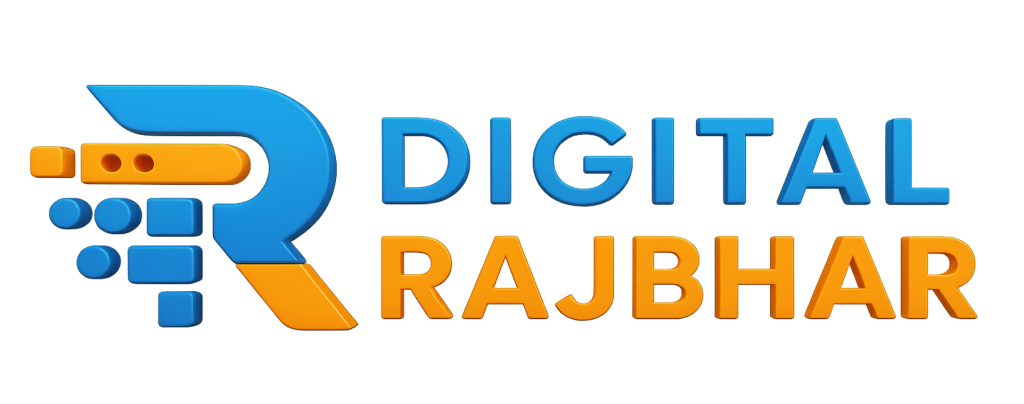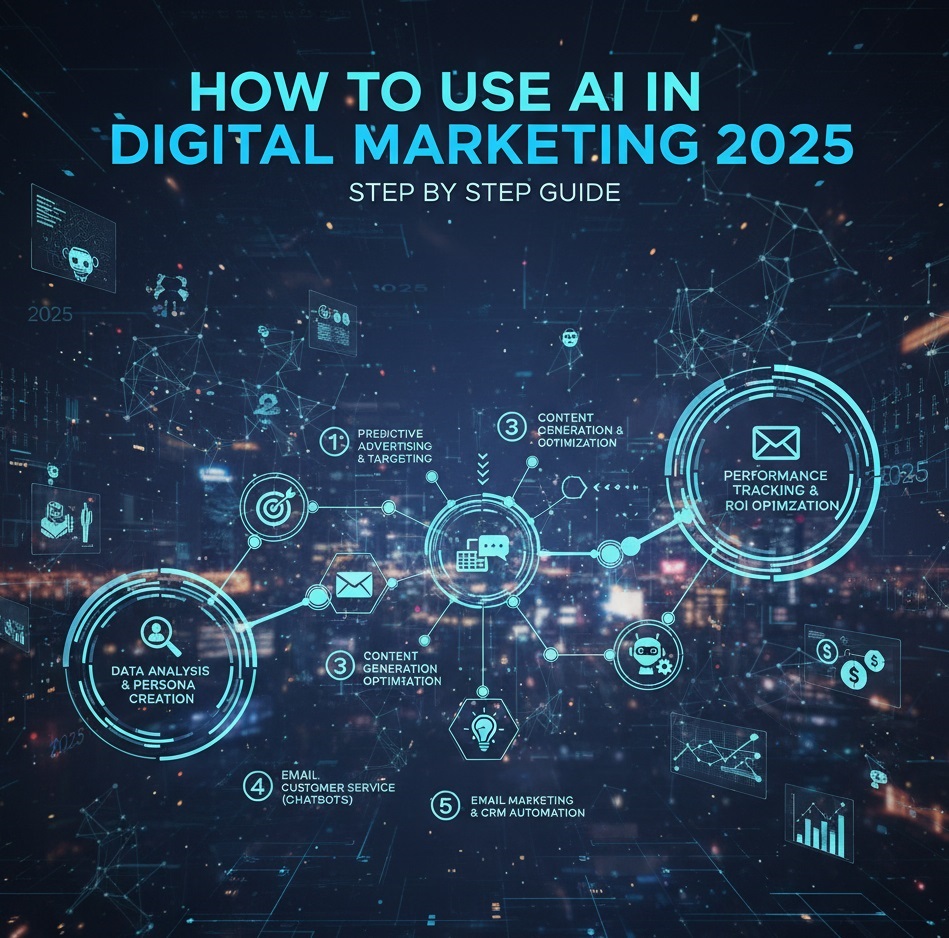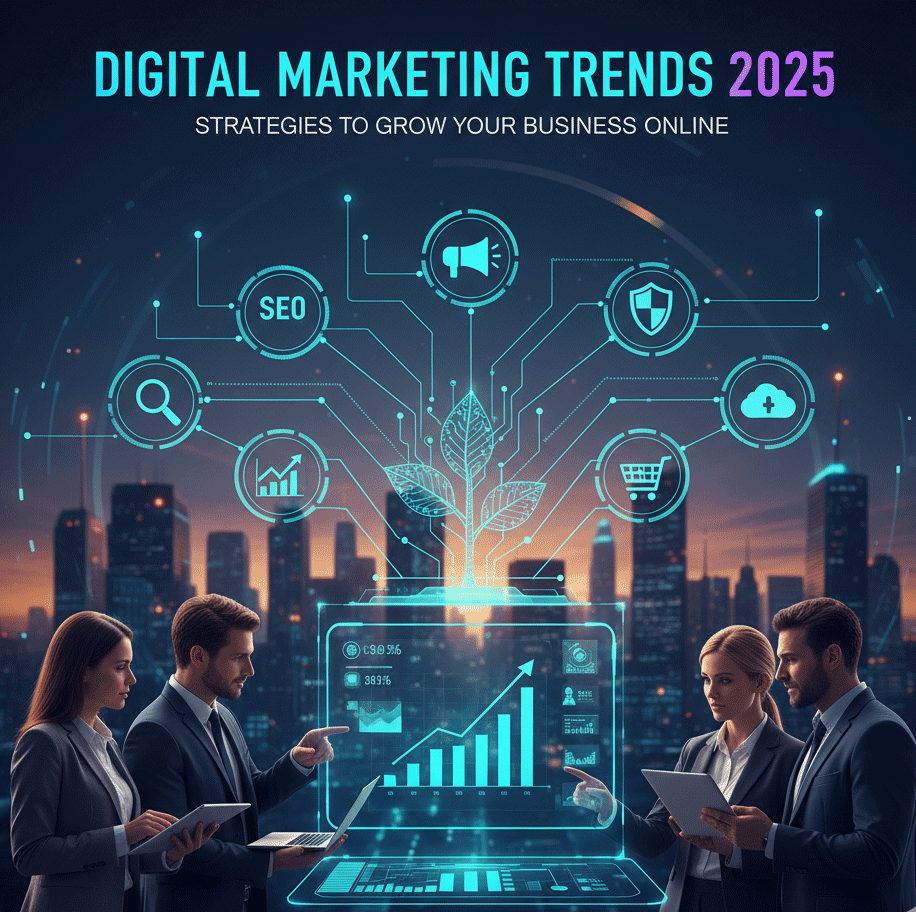
Digital Marketing Trends 2025 | Strategies to Grow Your Business Online
In today’s fast-paced digital world, marketing strategies evolve more quickly than ever. Businesses that want to stay ahead of the competition must constantly adapt to new trends and consumer behavior. Digital marketing is no longer just about creating a website and posting on social media — it has become a dynamic ecosystem where data, technology, and creativity come together to drive results.
This article explores the latest digital marketing trends in 2025 that every entrepreneur, marketer, and business owner should be aware of to achieve success online.
1. Artificial Intelligence (AI) in Marketing

Artificial Intelligence is one of the most significant drivers of change in digital marketing. From personalized recommendations to chatbots and predictive analytics, AI helps brands deliver more relevant experiences to their audience.
Personalized Advertising: AI can analyze user behavior and deliver ads that match their preferences.
Chatbots & Virtual Assistants: Businesses use AI-powered bots to provide 24/7 customer support.
Content Creation: AI tools assist in generating blog posts, social media captions, and even video scripts.
Why it matters: Brands using AI save time, reduce costs, and create highly personalized campaigns that improve customer engagement.
2. Voice Search Optimization

With smart speakers like Amazon Alexa, Google Home, and voice assistants on smartphones, voice search is on the rise. Studies show that people now prefer speaking into their devices rather than typing.
Voice search queries are longer and conversational.
Businesses must optimize their content with natural language keywords.
Local SEO is especially impacted, as people often ask, “near me” questions.
Action step: Create FAQ-style content and ensure your business is listed accurately on Google Maps for better voice search visibility.
3. Short-Form Video Content

Platforms like TikTok, Instagram Reels, and YouTube Shorts have transformed the way people consume information. Short, engaging videos are now the most powerful medium for reaching new audiences.
Videos under 60 seconds perform better than long videos on social media.
Brands are using storytelling, tutorials, and behind-the-scenes clips.
User-generated content and influencer collaborations are gaining more trust than traditional ads.
Tip: Focus on authentic, entertaining, and value-driven content rather than overly polished ads.
4. Personalization and Customer Experience
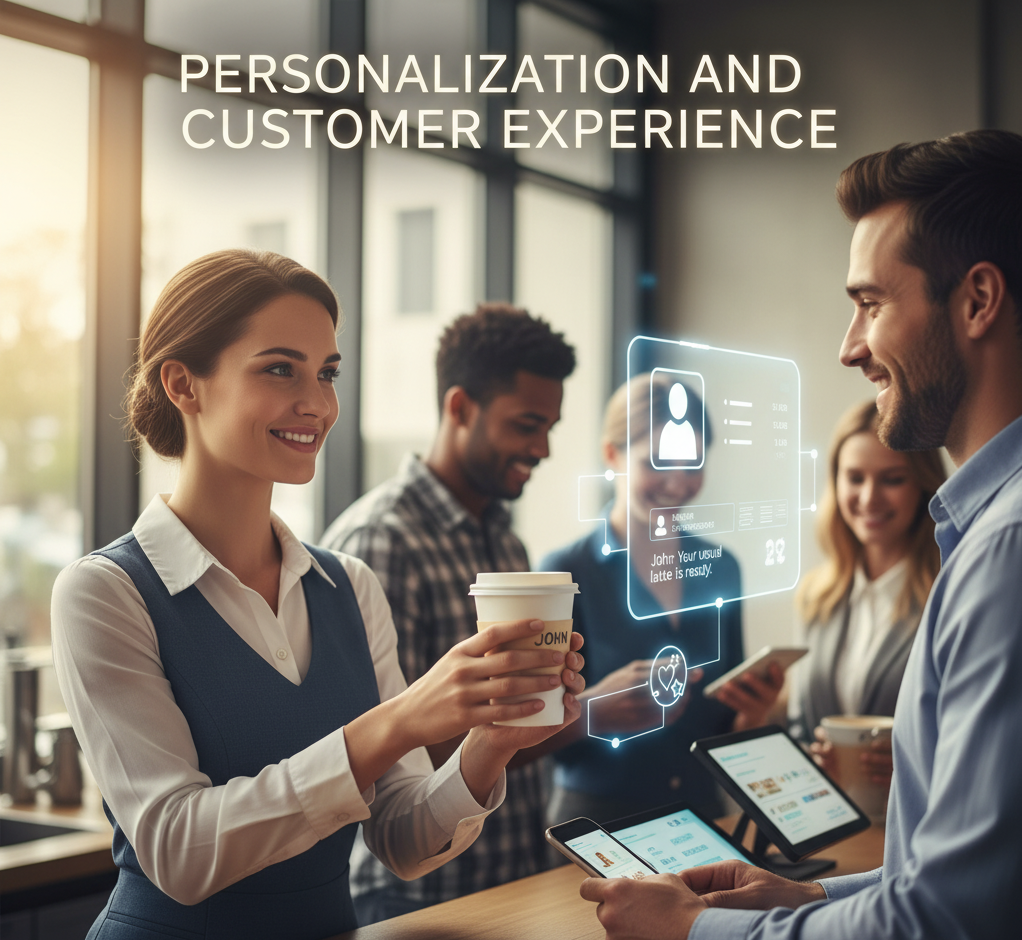
Today’s consumers expect brands to understand their needs. Generic campaigns no longer work — personalization is key.
Personalized emails have higher open and conversion rates.
Recommendation engines (like Netflix or Amazon) increase sales by showing tailored suggestions.
Data-driven marketing ensures the right message reaches the right person at the right time.
Best practice: Use customer data responsibly to build trust while delivering tailored experiences.
5. Influencer Marketing Evolution
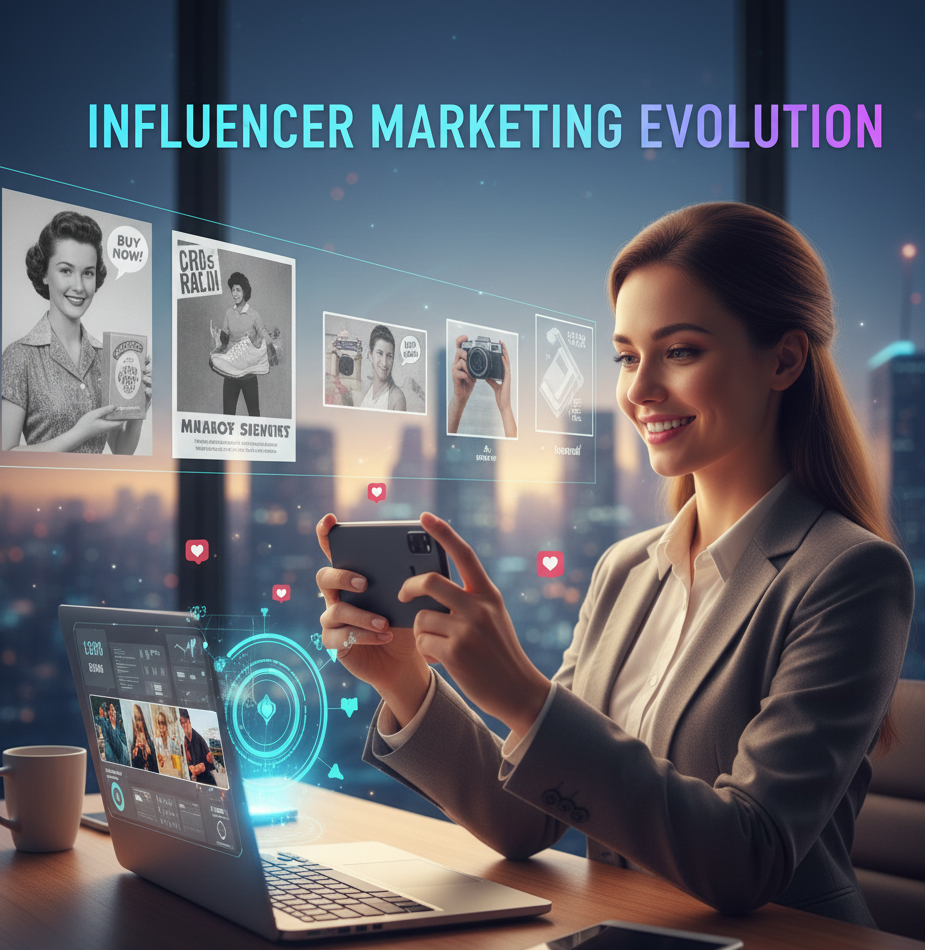
Influencer marketing is not new, but the way businesses use it is evolving. Instead of focusing only on celebrities, brands are now working with micro and nano influencers (with smaller but highly engaged audiences).
Micro-influencers build stronger trust with followers.
Long-term partnerships deliver better results than one-time collaborations.
Authenticity is more important than follower count.
Future trend: Expect AI-driven influencer identification platforms to rise, helping brands connect with the right creators.
6. Social Commerce
Social media is no longer just for engagement — it has become a direct sales channel. Platforms like Instagram, Facebook, and TikTok now allow users to purchase products without leaving the app.
Shoppable posts, live-stream shopping, and one-click checkout are growing.
Social commerce bridges the gap between entertainment and purchase.
Businesses can combine influencer marketing with social commerce for maximum impact.
Opportunity: Small businesses can now compete with bigger brands by leveraging social selling tools.
7. Data Privacy and Transparency
With stricter privacy laws like GDPR and increasing awareness about data usage, customers want transparency.
Businesses must clearly explain how they collect and use data.
First-party data (collected directly from customers) is more valuable than third-party data.
Brands that respect privacy and build trust will win long-term loyalty.
Strategy: Focus on ethical marketing practices and provide clear opt-in options for users.
8. Content Marketing with a Purpose

Content is still king, but the way it’s consumed is changing. Customers want informative, authentic, and engaging content that adds real value.
Blogs, podcasts, infographics, and interactive content are trending.
Educational content (like “how-to” guides) builds authority.
Storytelling helps brands emotionally connect with their audience.
Pro tip: Create content that solves problems and positions your brand as a thought leader.
9. Omnichannel Marketing
Customers interact with brands across multiple platforms — websites, apps, social media, email, and even offline stores. Omnichannel marketing ensures a seamless experience everywhere.
Consistent messaging across all platforms builds trust.
Integration of online and offline experiences boosts engagement.
Data helps track customer journeys across multiple touchpoints.
Example: A customer sees an Instagram ad, visits your website, receives a personalized email, and later buys from your physical store — all connected by omnichannel marketing.
10. Sustainability and Ethical Branding

Modern consumers prefer brands that stand for something beyond profit. Eco-friendly, socially responsible, and ethical businesses attract more loyal customers.
Highlight sustainability practices in your campaigns.
Support local communities or charitable causes.
Showcase transparency in sourcing, packaging, and operations.
Impact: Ethical branding not only boosts image but also increases long-term profitability.
Conclusion :
Digital marketing in 2025 is all about personalization, authenticity, and technology-driven innovation. Businesses must adapt to AI, voice search, short-form videos, and evolving consumer expectations. At the same time, transparency, trust, and ethical practices will define which brands stand out in the digital landscape.
Whether you are a startup, small business, or large enterprise, staying updated with these trends can help you build stronger customer relationships and achieve sustainable growth.
By embracing these strategies, you can future-proof your marketing efforts and stay competitive in the ever-changing digital world.
